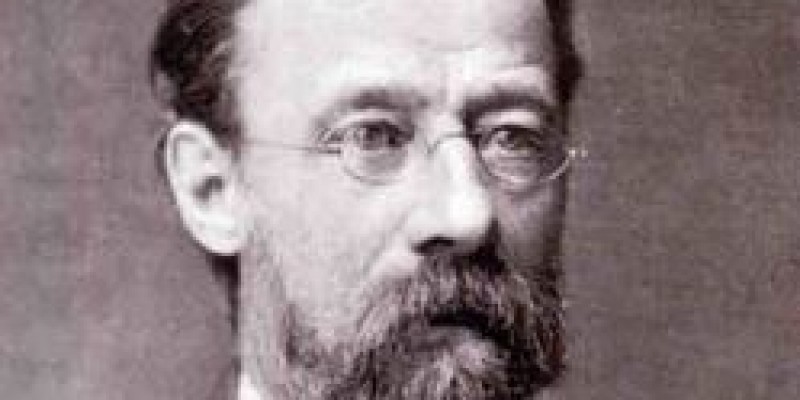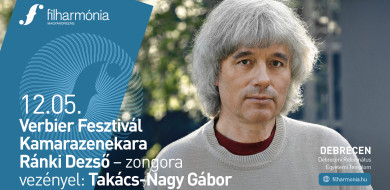Born on March 2nd in 1824 Smetana created a new musical identity for the Czechs, inspired by popular legends, history and countryside. Due to his father's resistance, Smetana's hopes of a musical career seemed remote until he secured a job teaching piano to the German family of Count Leopold Thun, which paid for his own tuition with the renowned Josef Proksch. Short of money, he set up a piano school in Prague in 1848 and scraped together a living. Smetana moved to Sweden in 1856 to search for a teaching post. Appointed director of the Göteborg Philharmonic, he was embraced by the Swedes as both a pianist and conductor. Smetana finally established himself with his second opera The Bartered Bride, and became director of the Prague Provisional Theatre. It was the second in the cycle, Vltava ('Moldau') of Má Vlast ('My Fatherland') - a set of six nationalistic symphonic poems, which follows the progress of Bohemia's most celebrated river, that became his most popular work.
Born on March 2nd in 1824 Smetana created a new musical identity for the Czechs, inspired by popular legends, history and countryside.










